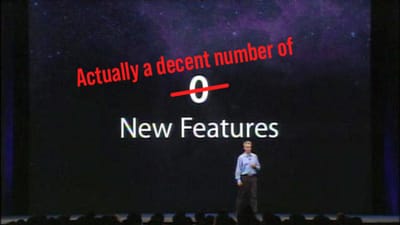A Few Months Later: Benchmarking the iPhone 8 Plus and Pixel 2
There has been a lot of talk recently about smartphone performance lately, and whether or not one company is slowing down their phones. For my part, I happen to have an iPhone 8 Plus and Google Pixel 2 in front of me, both of which have been heavily used and each of which I benchmarked with numerous benchmarking tools as soon as I got them. Why not run those same tests again and see how they performs several months into their lifespans1?
Methodology
I ran each test 3x on each phone. I gave each phone 5 minutes to rest between benchmark so that the processing unit didn’t throttle down due to constant load. I also force closed all apps on both phones, not because they should make a difference, but just to make sure no funkiness got into the tests.
The Results
The results are not terribly exciting, I’m happy to report! The numbers displayed are how much change I saw from these tests to the ones in September and October. This isn't about which phone is faster, but with how much each phone has changed compared to its younger self.
Geekbench
- iPhone: -1.1% single core, +1.5% multi core
- Pixel: -0.3% single core, +0.8% multi core
MotionMark
- iPhone: +10.8%
- Pixel: -32%
JetStream
- iPhone: +14.98%
- Pixel: +1.15%
ARES-6
- iPhone: +23.73%
- Pixel: -3.93%
Speedometer
Note that the results here are wonky and are likely due to the fact that this benchmark has been updated since these tests were originally run. This score has been removed from the averages below since they artificially skew the numbers.2
- iPhone: -38.49%
- Pixel: -55.75%
Conclusion
Overall, the iPhone scored an average of 9.98% higher across all benchmarks, while the Pixel scored 6.86% lower.
Take this with the regular grain of salt you should take all synthetic benchmarks, but I thought it was an interesting result. The iPhone 8 Plus was originally tested on iOS 11.0 and was at 11.2.5 today, and the Pixel 2 was Android 8.0 last time and has since been updated to 8.1 (with January security update).
I find it interesting that the iPhone actually improved overall on the web benchmarks. Despite the Meltdown and Spectre updates and a few months of apps and data making its way onto it, I was surprised the results were so much improved. Again, I ran these tests 3 times today and multiple times back in the fall. There may be some variable I’m missing, but I can’t tell what it would be.
The Pixel 2’s 6% drop is not bad, and frankly better than I expected either phone to do. Neither phone feels slower today than they did when they were new, and that’s pretty great, especially for the Android phone, which is a platform that famously has issues with staying "zippy" over time.


